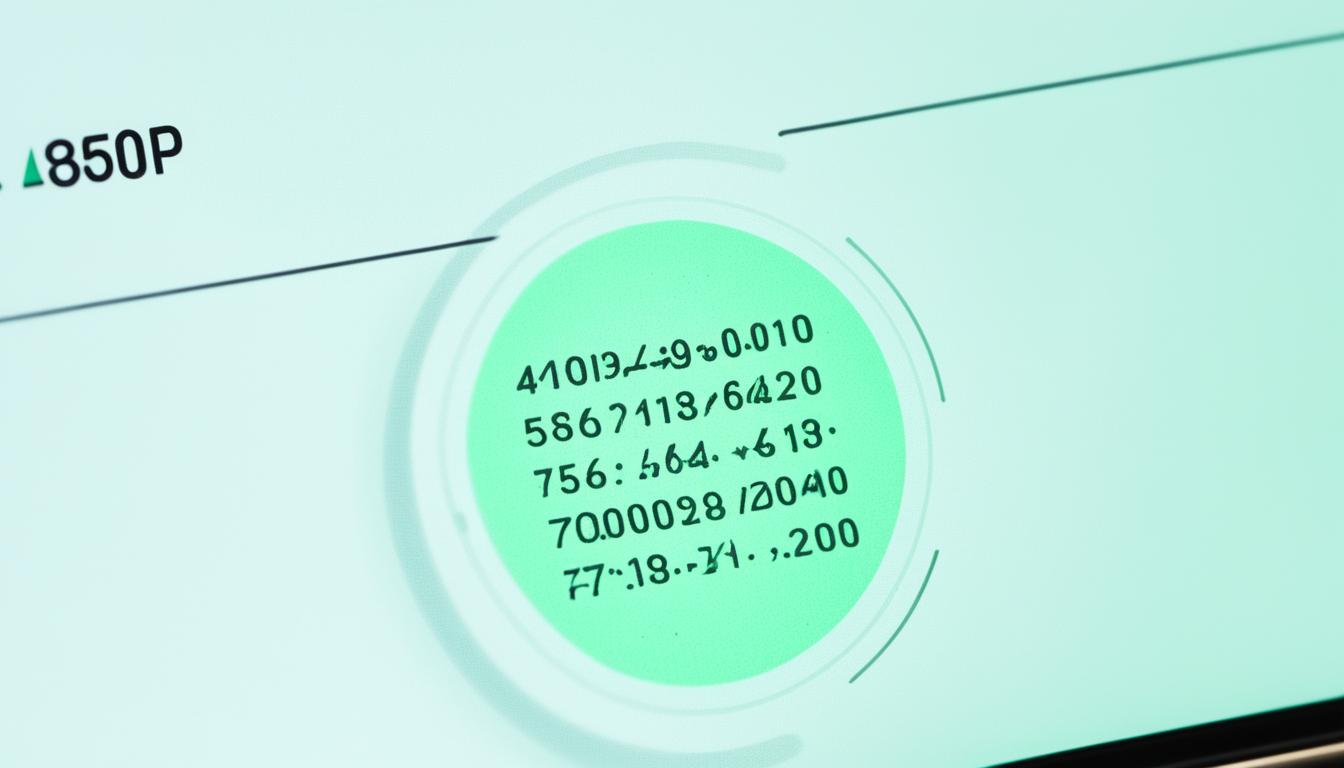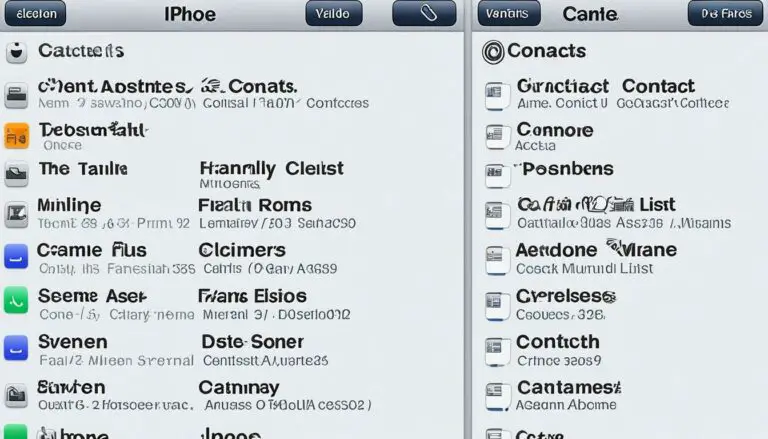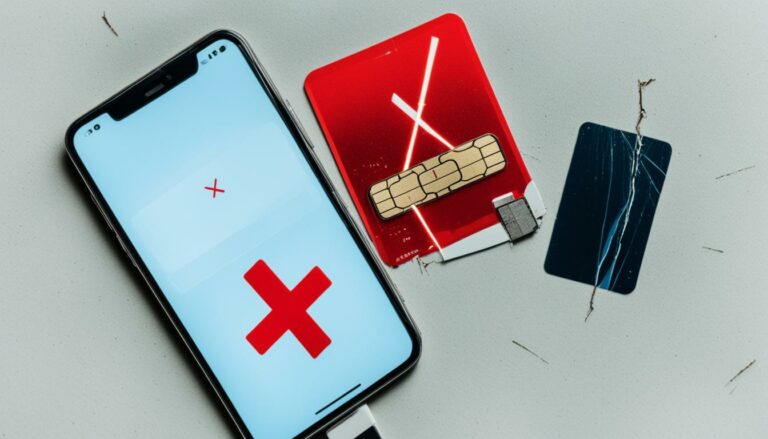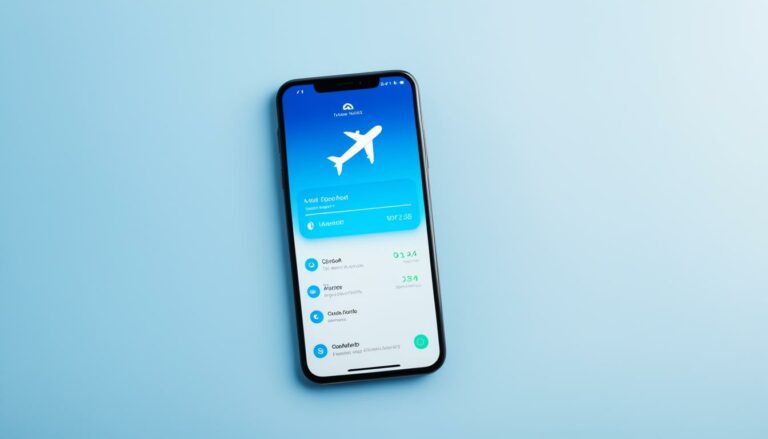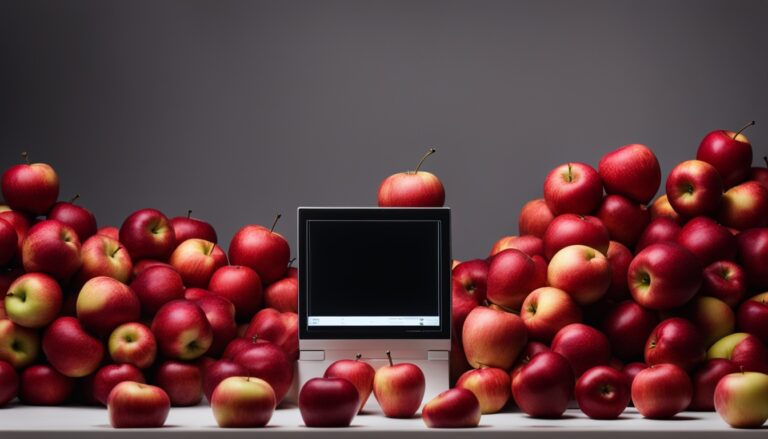Where Are Contacts Stored on an iPhone? Find Out Here!
Originally posted on May 19, 2024 @ 3:10 am
Do you know that iPhone users typically have more than 1,000 contacts saved? This means a lot of personal info needs safekeeping. Knowing where these contacts are kept is key to keeping them safe and organized.
Contacts on an iPhone could be in different spots. They might be on the iPhone itself or in iCloud. The iPhone also lets you sync these contacts with your other Apple gadgets via iCloud. This syncing helps keep your contacts up to date on all your devices.
But, your iPhone also has its own local database for contacts. You can add or change contacts directly on your phone. It’s important to adjust your settings right. This way, you can keep your contacts safe and easy to find.
Key Takeaways
- iPhone contacts can be saved on the device or in iCloud.
- With iCloud, contacts stay updated across your Apple devices.
- You have control over your contact info using the local database.
- Setting up storage options correctly ensures your contacts are safe.
- Knowing about these storage choices helps manage your contacts well.
Demystifying the Location of Your iPhone Contacts
iCloud is key for managing your iCloud contacts backup. It automatically backs up and syncs all your contacts on your Apple devices. This includes your iPhone, iPad, and Mac. So, your iPhone contacts database is always current, no matter the device. You have control over which contacts are synced using iCloud’s settings. You can also delete or edit contacts from the iCloud website.
Besides iCloud, your iPhone keeps a local contacts database. This database is on the device itself. You can add, edit, and delete contacts on your iPhone only. This way, you don’t have to use iCloud. It gives you extra control over your contact info. You might choose not to sync some contacts for privacy reasons.
Understanding iCloud’s Role in Contact Storage
iCloud links smoothly with your iPhone to keep your iCloud contacts backup updated. This means your contacts are safe and available on all your Apple gadgets. Syncing contacts to iCloud ensures you always have your key contact info at hand, no matter your device.
Exploring the Local iPhone Contacts Database
Icloud is great for managing iPhone contacts, but the iPhone itself has a local database too. This means you can save contacts on iPhone directly. You’re not reliant on the cloud for this. You have the power to add, edit, and delete contacts right on your iPhone. This gives you more control and flexibility with managing your contacts.
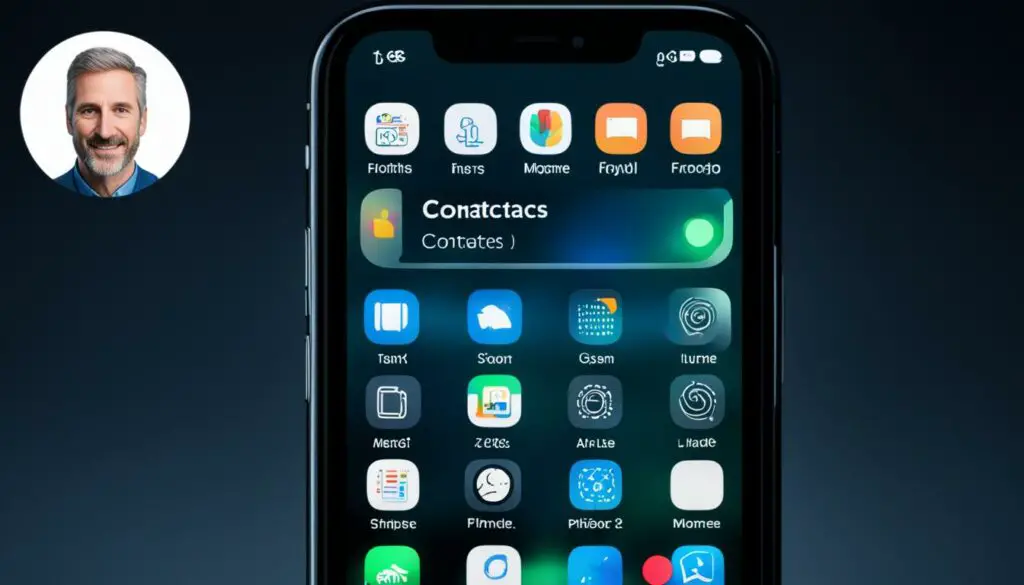
where are contacts stored on an iphone
iPhone contacts stay in two main places – on the phone itself and in your iCloud account. Your local contacts database lets you work with contacts directly on your device. With iCloud sync, all your Apple gadgets can share the same contact list. You can pick to keep some contacts only on your phone or have them everywhere through iCloud.
In the iPhone’s Settings, you can choose how and where to save your contacts. By picking iCloud, your iphone address book storage is safe and can be used from any Apple device, like your iPad or Mac.
You can also save contacts only on your iPhone itself. This is good for keeping some contacts private or for times you’re offline and need to look up a number.
| Contact Storage Options | Benefits | Considerations |
|---|---|---|
| iCloud Sync |
|
|
| Local iPhone Database |
|
|
Knowing the where are contacts stored on an iphone details helps you manage your contacts better. This way, your important contacts are always safe and ready to use.
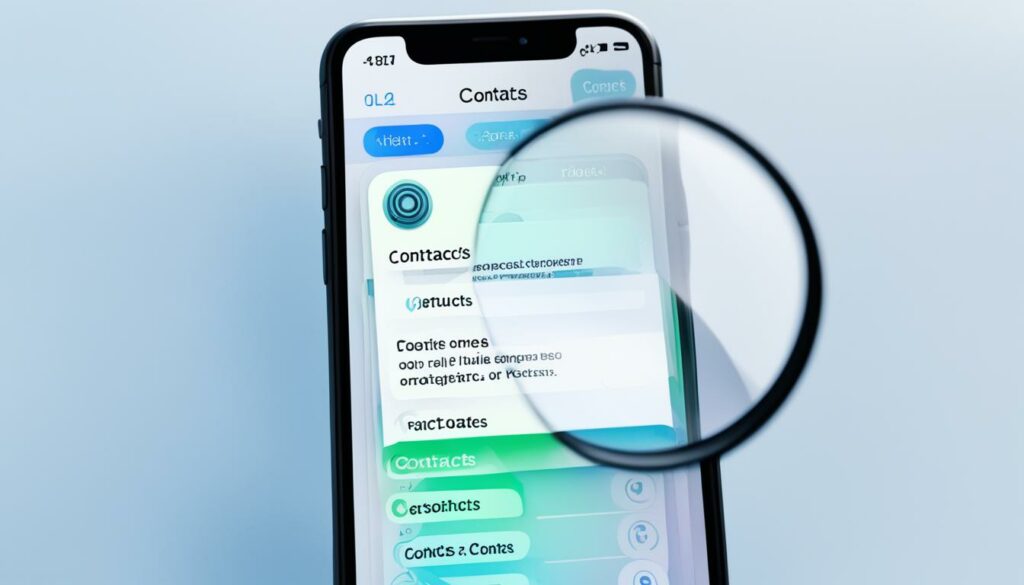
Conclusion
Your iPhone has a cool way to handle contacts. It mixes saving contacts on the phone with keeping them in iCloud. By using both, you can easily manage your iPhone contacts. This makes sure your contacts are safe, easy to get to, and updated on all your Apple gadgets.
The iCloud contacts backup lets you save your contacts online. They’re then available on any device connected to your Apple ID. This makes it simple to use your contacts on your iPhone, iPad, or Mac. You can also keep contacts just on your phone if you want.
Knowing how to manage your iPhone contacts is powerful. It lets you keep your contacts tidy, secure, and ready to use. Learning about the different ways to save contacts helps you set things up your way. This makes using your contacts on your iPhone just right for you.
FAQ
Where are contacts stored on an iPhone?
On an iPhone, you can have contacts in different places. They might be on the phone, in iCloud, or both. It’s important to know this for managing contacts well.
How does iCloud play a role in contact storage and synchronization on an iPhone?
Turning on iCloud means your contacts are backed up and synced. This happens on all your Apple devices, like iPhone, iPad, and Mac. It keeps your contacts up-to-date everywhere. You can choose which contacts sync. And you can delete or edit contacts in iCloud too.
What is the local contacts database on the iPhone?
Besides iCloud, the iPhone also has its own contacts space. This is a local database on the device. You can manage these contacts directly on your iPhone. This gives you more ways to control your contact list.
How can I configure the contact storage settings on my iPhone?
Your iPhone can save contacts in two main places. They can be on the device or in iCloud. You can update, add, or delete contacts on the device. With iCloud, your contacts are shared between your Apple gadgets. You choose which contacts go to iCloud and which stay local.

